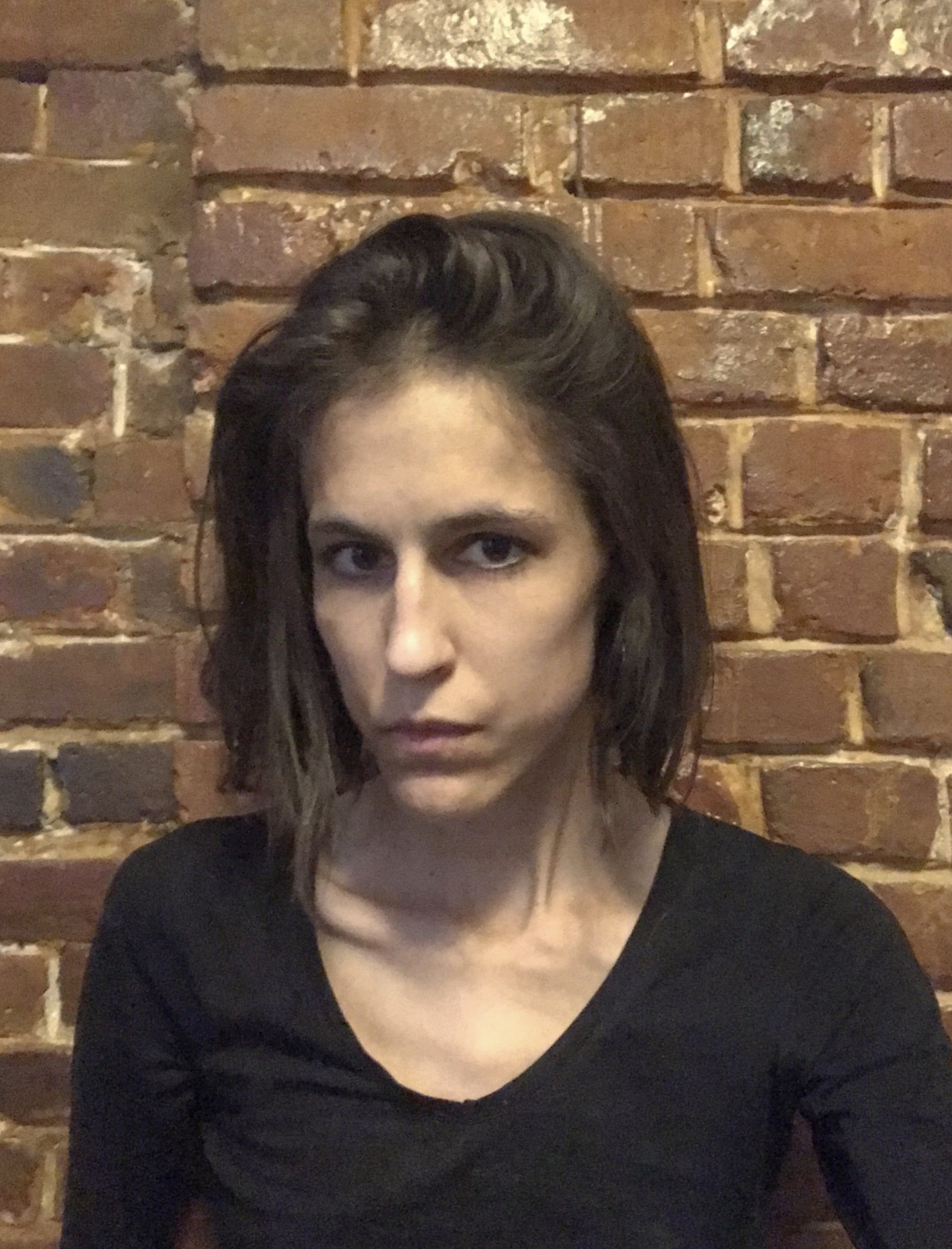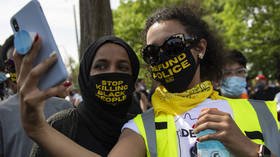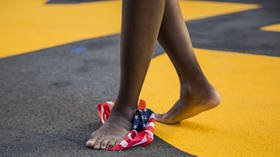Not publicizing black & brown mugshots is not fixing the racial problem with the justice system – it's hiding it
News outlets and even police departments are ending the publication of jail booking photos, claiming they foster stereotypes because minorities are more often arrested. But hiding inequities in the system doesn’t fix them.
The Sacramento Bee, the Orlando Sentinel, theHouston Chronicle and a number of other city papers across the US have curtailed the practice of publishing “mugshot slideshows,” image galleries showing booking photos of arrested individuals who haven’t yet been convicted of crimes.
With exceptions for celebrity mugshots, suspected serial killers, “threats to public safety,” and “hate crime” suspects, the move is intended to counter racial stereotypes about criminality.
Also on rt.com ‘Threat to the community’? Detroit student sent to DETENTION CENTER during pandemic for not doing her homeworkThe papers have a point about the galleries’ lack of context – a wordless array of scowling black and brown faces may indeed give the false impression that this is what all criminals look like. Some of the most destructive and dangerous criminals, the ones stealing your (or your parents’) retirement savings or bombing civilians in the Middle East are unlikely to ever appear in one of these “rogues’ galleries” (or, alas, to be arrested at all). And publishing a person’s mugshot before they’re even tried for a crime does impinge on the prisoner’s constitutional right to the presumption of innocence.
But sweeping these racial disparities under the rug doesn’t solve the underlying problem of black and brown people’s overrepresentation in the criminal justice system. Indeed, it’s quite telling that police departments are now climbing aboard the no-mugshots bandwagon, suggesting a big fat ulterior motive lurking beneath the virtuous surface. San Francisco police announced earlier this month they will no longer release mugshots to the public unless the individual poses a “threat to the community,” again as part of an effort to reduce racial stereotyping.
The department thus acknowledges black and brown people are disproportionately arrested for victimless crimes (i.e. those that don’t pose a “threat to the community”) – a relatively uncontroversial reality that has been public knowledge for years, though still something one doesn’t expect to hear police admit.
Black people are more than two and a half times more likely to be arrested and six times more likely to be imprisoned on drug charges than whites, for example, even though blacks and whites use and even sell drugs at approximately the same rate. These aren’t “hard drug” users either – there were more arrests for marijuana in 2018 than for “real” crimes like aggravated assault, arson, burglary, or sex crimes, despite over a dozen states having legalized the drug, and black people are even more disproportionately likely – 3.7 times – to be arrested for that drug.
But making a surface show of addressing stereotypes does not translate to actually dismantling racial and economic inequities in policing. Especially given the nationwide Black Lives Matter protests threatening their jobs, police who announce the end of published mugshots as a civil rights victory are more likely to be covering their arses than addressing systemic racism.
Like the mega-corporations who publicly grovel at BLM’s feet (sometimes literally) in order to avoid being held to account for selling products or condoning labor practices that disproportionately harm poor and minority communities, police departments that stop publishing mugshots are seeking an easy way out of their PR problem.
Actually retraining officers to not immediately see a young black man standing on a corner in a poor neighborhood (that he happens to live in) as a drug dealer takes time and money, while merely not publishing that man’s mugshot in the Sunday paper creates the same impression, as long as the police department takes care to notify the community about why it is no longer releasing arrest photos.
Unfortunately, that move does nothing to stop biased police practices, which can be shockingly difficult to dislodge. It took the intervention of a federal judge to convince New York Mayor Mike Bloomberg to curtail the NYPD’s “stop and frisk” tactic, which at its height saw police harassing largely non-white (87 percent) New Yorkers, most of whom (88 percent) were innocent of any crime.
Given that its stated purpose was not to nab low-level drug offenders, but to get illegal guns off the street – something achieved in just 0.1 percent of stops – it was a profoundly ineffective policy.
Also on rt.com Veteran activists have called out BLM as a tool of the Democrats from day 1. But agenda-driven $MILLIONS drown out the grassrootsRetraining police isn’t easy, but it must be done if the US is to truly become a more racially equitable society. While corporate Democrat fronts like BLM are apparently content with cosmetic reforms and paying lip-service to social justice, black communities are devastated by the “justice” system, which often serves up anything but for those without the funds to buy it.
As for the newspapers, merely failing to report news that doesn’t fit the narrative falls so short of real social justice as to be laughable. Is it any wonder journalism is a dying industry?
Like this story? Share it with a friend!
The statements, views and opinions expressed in this column are solely those of the author and do not necessarily represent those of RT.















